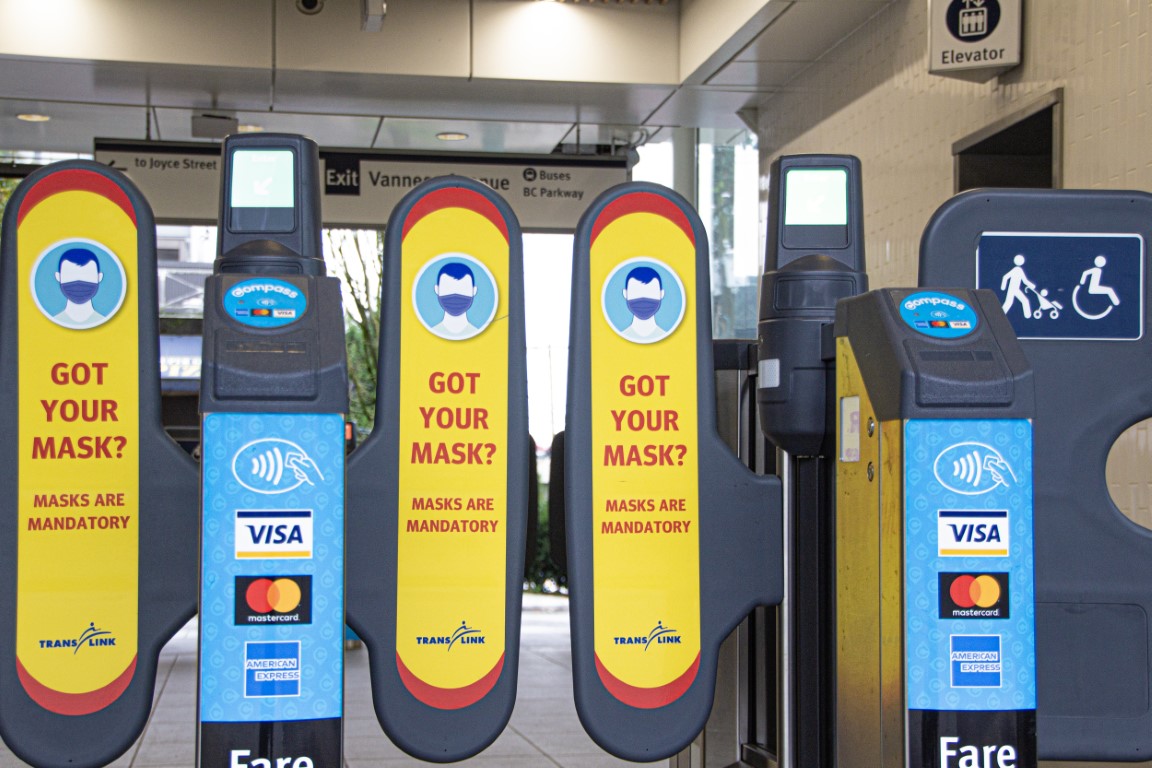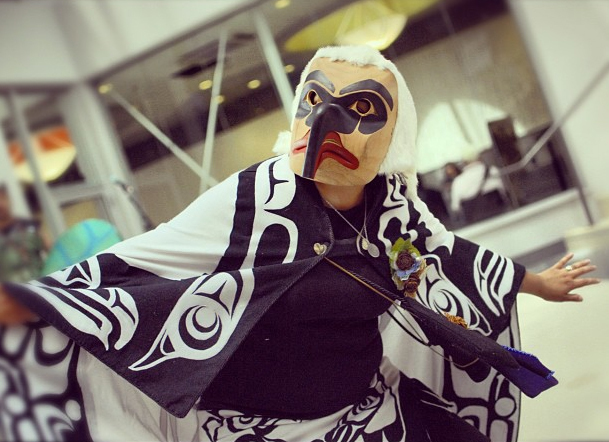
A recap of week eight of the 2015 Canadian Federal Election
By Mercedes Deutscher, News Editor
Week eight of the election started off with a promise by Liberal Party leader Justin Trudeau to cancel the Conservatives’ plan to spend $44 billion on F-35 fighter jets. The plan has been a controversial one, one that has garnered criticism from Canada’s allies for being too expensive and time-consuming. Trudeau says that his party would instead purchase less expensive jets and invest money saved into the Royal Canadian Navy.
The NDP began the week with Thomas Mulcair being placed under increased scrutiny over the party’s childcare plan, due to the leader’s lack of information given about the plan to the general public. Some information has been shared with journalists, such as the costs of the program, $5 billion dollars, or that there will eventually be one million spaces available. However, when pressed for more information, such as a timeline, or how the plan will involve provincial governments, Mulcair responded to CTV that “everybody can go online and find it.”
On September 24, the campaign’s first French-language debate took place, and it involved all five federal party leaders, including Bloc Québécois leader Gilles Duceppe.
The debate involved a lot of offence towards the NDP, as Mulcair found himself on the defensive, particularly in regards to Quebec sovereignty. Duceppe accused Mulcair of being inconsistent with his views on sovereignty, saying that both his English and French campaign contradicted each other. Trudeau then criticized Mulcair’s support of Quebec sovereignty if it were to occur.
Prime Minister Stephen Harper brought up the issue of the niqab during the debate. The Conservative Party wishes to introduce the issue before the Supreme Court, hoping to overturn a court ruling that a woman may wear the niqab face veil during a citizenship ceremony. The statement was agreed upon by Duceppe, who said that a majority of Quebec was in agreement that the niqab should be prohibited during a citizenship ceremony. Trudeau and Green Party leader Elizabeth May opposed, both stating that they believed it was a woman’s right to choose whether or not to wear the niqab. Mulcair took the opportunity to accuse Harper of bringing up the issue of the niqab as a means to avoid challenging economic questions.
The issue of the Senate was another topic of the debate, with the leaders taking several different approaches. Harper lead on the promise to not nominate any more senators while the provincial governments discussed how they would like to see the Senate reformed. Trudeau pointed out to Harper that the Conservatives had broken similar promises before. Mulcair looked to Canadians to work with their provincial governments in order to abolish the Senate. Duceppe made a push for Quebec sovereignty as a solution to problems within the Senate.


